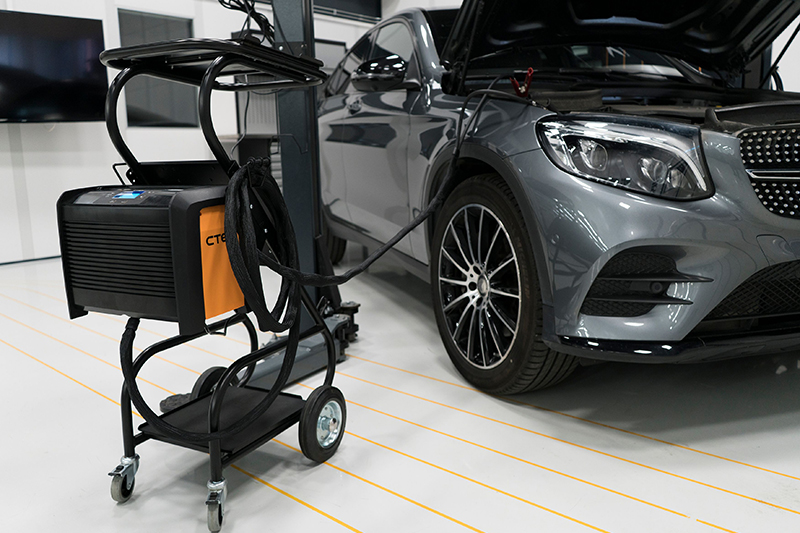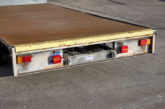
A recent survey undertaken by CTEK in partnership with Professional Motor Mechanic has identified as many as 80% more vehicles entering the workshop now, compared to 2020, have a battery that needs attention.
Vehicles today have essentially become very expensive computers on wheels. When a vehicle enters a workshop for service or repair, the diagnostic processes being undertaken as part of these procedures are placing the battery under greater strain than ever before, risking battery failure.
Battery support is, therefore, an essential part of all workshop practices. Using battery support in conjunction with any routine service, fault finding or repair, should be carried out not only from a technical safety point of view, but also to maximise workshop efficiency and provide a complementary added value service to the customer.
When you open a car door you trigger the interior and exterior lights which can deplete the battery. Using the heating system or electric windows, using the vehicle audio system, charging a phone or other devices from the car, and the keyless entry system all use energy which comes directly from the battery. A modern vehicle has more than 200 Electronic Control Units (ECU), they are controlling many of the vehicle’s functions and a lot of them are turned on at the same time as you unlock your vehicle.
The survey also found only 45% of workshops offer battery charging as part of regular maintenance.
Mark Poole, Sales Manager for CTEK, explained the knowledge about battery support is increasing, but at the same time many workshops are still not maximising the opportunity.
He said: ”If the battery isn’t in a great state when it enters the workshop, any drains or strains during the diagnostic process could result in battery failure, disrupting the diagnostic procedure. Battery support is a vital activity often not fully appreciated for its importance in saving a technician’s time, insuring against costly diagnostic failures and preventing possible costly damage to the ECU.”
CTEK’s survey also showed although 75% of workshops charge batteries during maintenance, 70% of technicians feel that they don’t have enough knowledge when it comes to battery support.
Mark continued: “It is a safety net for the workshop. If the battery is faulty then there is an opportunity to talk to the customer and recharge the battery, or replace it with a new one. It is added value to the cusotmer if the workshop can give the tips and advice that will extend the life of the battery. The function of the battery support is to give as high current as needed at a preferable voltage, and it is recommended to have the battery support plugged in during the whole service session.
“It is also interesting to note that a lot of manufacturers have a demand for at least 120 Ampere when a vehicle is undergoing service, and a lot of the new models have a demand for at least 100 Ampere”, says Mark. “As a result we are seeing a big demand for our PRO120 product – a fully automatic 120A battery support unit, with incremental voltage power supply, for precise control over the most demanding fault finding, service and repair procedures. It can protect against battery failure during even the most demanding procedures.”









